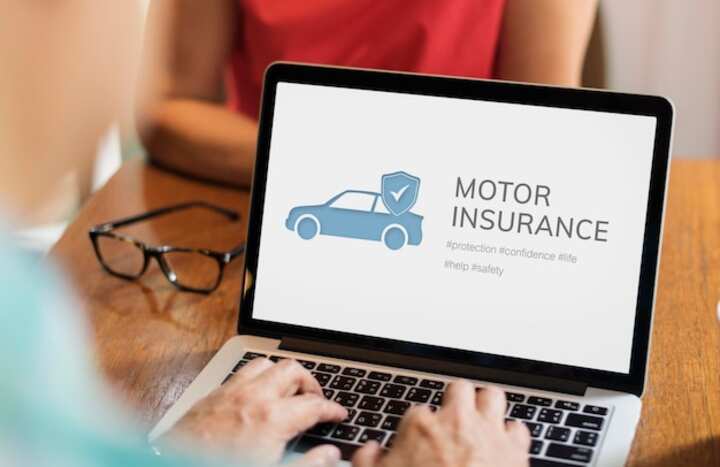
Understanding Non-Owner SR22 Insurance Costs and Coverage
Non-Owner SR22 insurance is a specialized type of insurance coverage often required for individuals who have had their driver's license suspended or revoked. It is distinct from standard auto insurance, as it is designed for drivers who do not own a vehicle but still need to demonstrate financial responsibility to reinstate their driving privileges. Understanding the costs and coverage associated with Non-Owner SR22 insurance is crucial for those who find themselves in this situation. This article will delve into the details of Non-Owner SR22 insurance, providing insights into its costs, coverage, and the factors that influence them.
What is Non-Owner SR22 Insurance?
Non-Owner SR22 insurance is an endorsement added to a non-owner car insurance policy. It serves as proof of financial responsibility, ensuring that the policyholder meets the minimum liability insurance requirements mandated by the state.
Key Features of Non-Owner SR22 Insurance:
- Coverage for individuals who do not own a vehicle.
- Provides liability coverage for bodily injury and property damage.
- Does not cover damages to a borrowed car.
- Does not cover injury to the policyholder or their personal property.
Cost Factors of Non-Owner SR22 Insurance
The cost of Non-Owner SR22 insurance can vary significantly based on several factors. Understanding these factors can help in estimating the potential expenses associated with obtaining this type of insurance.
Factors Influencing the Cost:
- Driving Record: A history of traffic violations or DUI offenses can increase the cost.
- Location: The state and even the city where the policyholder resides can impact the insurance rates.
- Age and Gender: Younger drivers and males may face higher premiums due to statistical risk factors.
- Insurance Provider: Different providers may offer varying rates for Non-Owner SR22 policies.
For a more comprehensive understanding of how these factors affect insurance costs, explore further insights here.
Non-Owner SR22 Insurance Coverage
While Non-Owner SR22 insurance primarily serves as proof of financial responsibility, it also includes specific coverage components that are crucial to comprehend.
Coverage Inclusions:
- Liability Coverage: Covers damages and injuries caused to others in an accident where the policyholder is at fault.
- Bodily Injury Liability: Provides compensation for medical expenses, lost wages, and legal fees resulting from injuries to others.
- Property Damage Liability: Covers the repair or replacement costs for damaged property belonging to others.
Non-Owner SR22 insurance does not include collision or comprehensive coverage, meaning any damages to the vehicle being driven, or personal injuries sustained by the policyholder, are not covered. Find additional information here on the specifics of coverage options.
How to Obtain Non-Owner SR22 Insurance
Securing Non-Owner SR22 insurance typically involves selecting an appropriate insurance provider and requesting the SR22 endorsement. The process requires careful consideration to ensure compliance with state requirements and the acquisition of necessary documentation.
Steps to Secure Non-Owner SR22 Insurance:
- Research and compare insurance providers offering Non-Owner SR22 policies.
- Contact the selected provider to discuss policy options and obtain a quote.
- Request the SR22 endorsement to be filed with the state’s Department of Motor Vehicles (DMV).
- Ensure timely premium payments to maintain the validity of the SR22 filing.
For a detailed guide on the process of obtaining Non-Owner SR22 insurance, learn more in this detailed guide.
Conclusion
Understanding Non-Owner SR22 insurance involves recognizing its unique nature, costs, and coverage. This insurance serves as a critical requirement for individuals aiming to restore their driving privileges without owning a vehicle. By comprehensively evaluating the factors that affect the cost and coverage of Non-Owner SR22 insurance, individuals can make informed decisions that align with their financial and legal obligations. Read more about this topic to ensure a thorough understanding and compliance with state requirements.